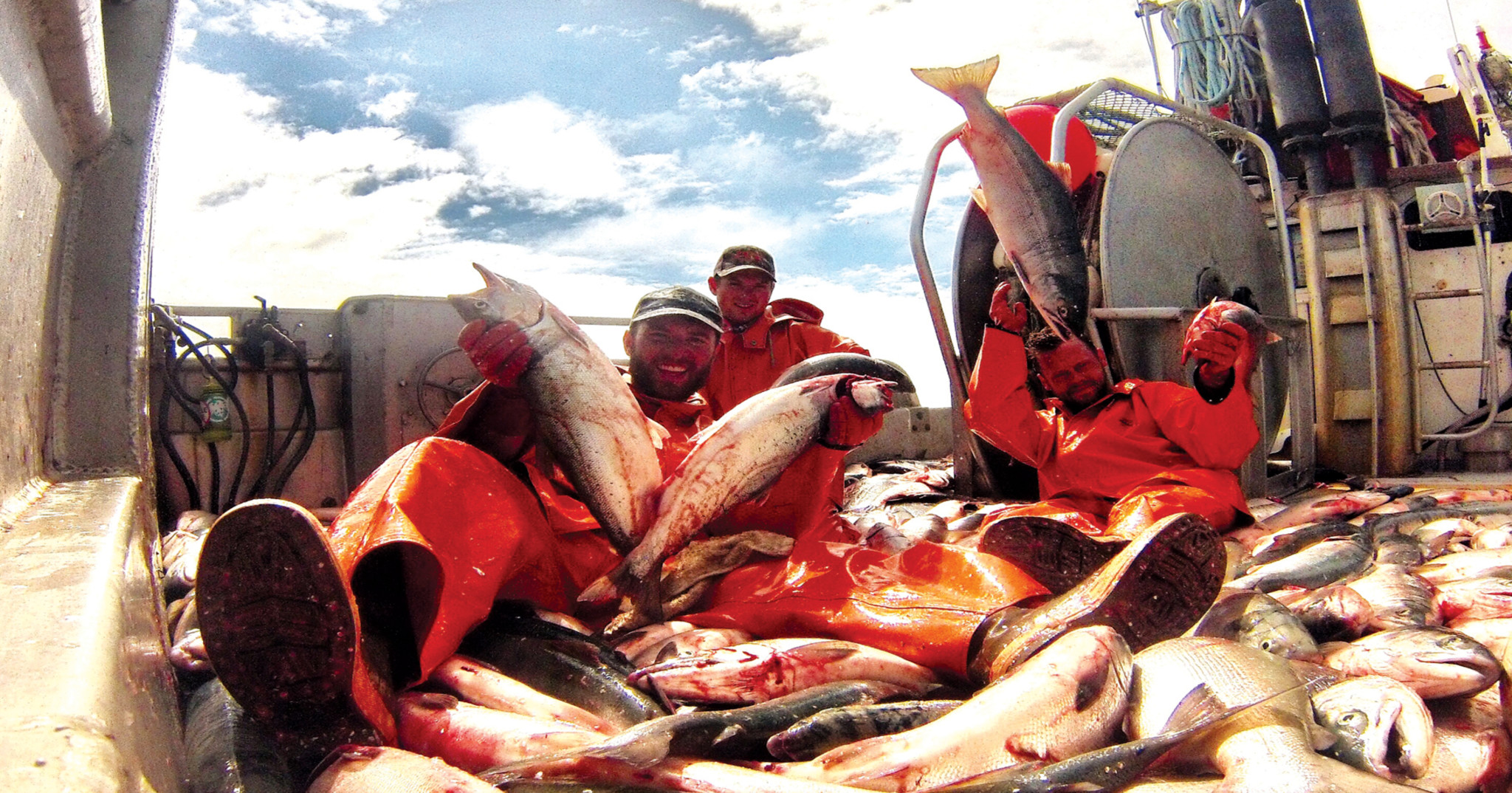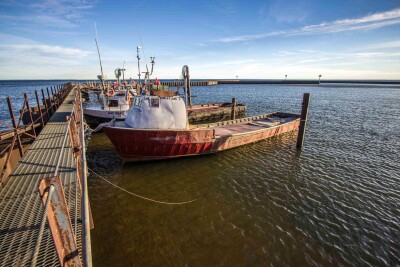Call it what you like — climate change, natural cycles of the planet, The Inevitable. Even if you believe there’s nothing we can do about the more frequent weather extremes that are affecting our fisheries on all coasts, can we at least agree to do what we can NOT to make things worse?
We like to think humans are adaptable, so we can just continue to innovate our way out of our problems. But it sure seems like we’re running up against some hard stops on our ability to both innovate and overpopulate without dire consequences.
For example, if we can only sustain our nutritional needs by expanding feedlot-style protein production into fisheries while sacrificing wild, sustainable fisheries, then we must be doing something wrong. That’s why we have to do all we can to protect our wild fish habitats, especially those robust enough to feed the rest of the globe.
I talk a lot about Bristol Bay (I’m sure some would say too much). It is, indeed, tempting to pick the ripest fruit, and Bristol Bay keeps hitting those highs and lows — record returns, high prices, high water temperatures, a development threat, and now wildfires following record summer heat.
What’s happening in Bristol Bay should be eyed as the canary in the coal mine. And as someone who reports on this industry, I’d be remiss to wander too far away from this story.
Now that the EPA has again withdrawn Obama-era protections for Bristol Bay’s salmon habitat established under the Clean Water Act — despite the agency’s own sharply critical review of the Army Corps’ draft environmental impact statement for the Pebble Mine proposal — it is our duty as citizens and stakeholders to insist that any changes to the status of this region be founded in good data and sound science.
As many industry watchdogs have noted, there is no official oversight for the Army Corps’ draft EIS. One purpose of the public comment period is to allow the scientific community to review and offer feedback on the quality of the data used to make the assessments. This is why the industry pushed for and was granted a 60-day extension of the comment period from the original 30 days. A 1,500-page document takes time to review, analyze and provide informed feedback.
We’ll be following up our extensive coverage of this story (including voices of the industry on page 8 of our Summer quarterly North Pacific Focus) with a Future of Bristol Bay session at Pacific Marine Expo in Seattle this November. Registration is live (and free right now!), so get in early to secure your seat in our conference program and a free pass for the exhibit floor.
I look forward to seeing you in Seattle!







